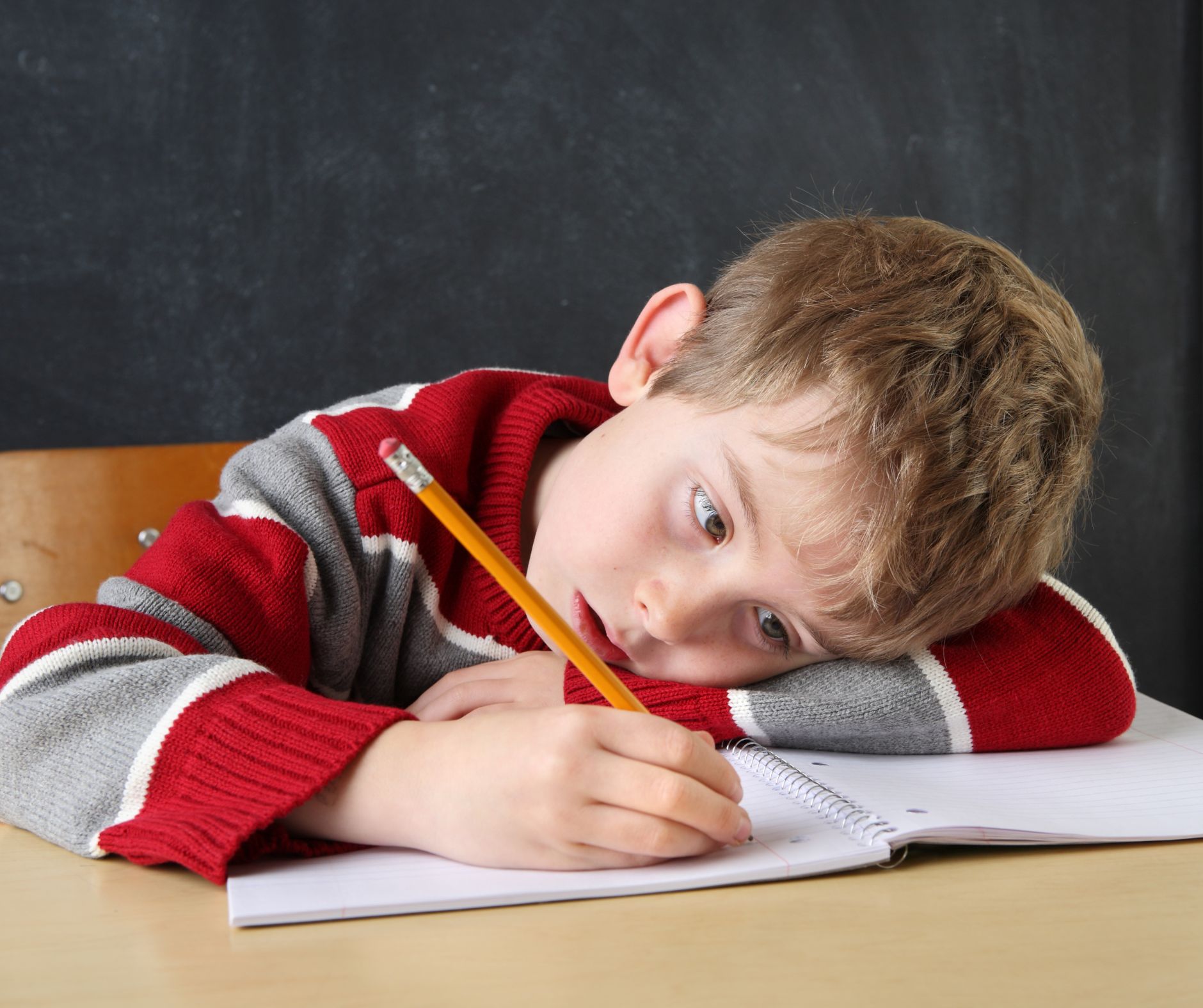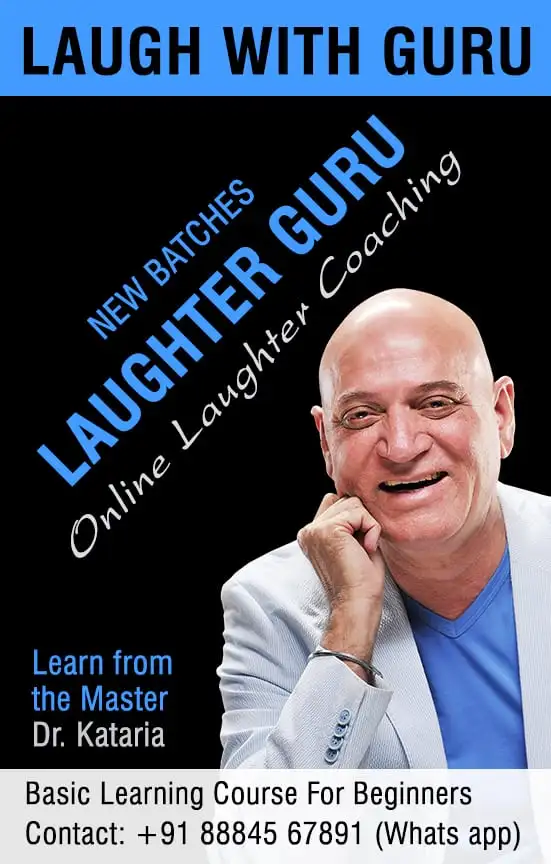
ADHD or Attention-Deficit/Hyperactivity Disorder is a neurodevelopmental disorder that affects both children and adults. ADHD is characterized by persistent patterns of inattention, hyperactivity and impulsivity that can interfere with daily functioning and development.
Symptoms: There are three main types of ADHD
- Predominantly inattentive presentation - includes difficulty sustaining attention, being easily distracted, forgetfulness, and organizational challenges.
- Predominantly hyperactive/impulsive presentation- Hyperactivity symptoms often involve excessive fidgeting, restlessness, difficulty staying seated and a constant need for movement.
- Combined presentation - Impulsivity symptoms may manifest as interrupting others, difficulty waiting their turn and impulsive decision-making.
Diagnosis: Symptoms of ADHD typically appear in childhood and may persist into adulthood. To receive a diagnosis, the symptoms should be present in multiple settings (e.g., home, school, work) and cause significant impairment in daily life. Healthcare professionals, such as psychologists, psychiatrists, or paediatricians conduct comprehensive evaluations using various assessment tools and interviews to diagnose ADHD.
Causes: The exact causes of ADHD are not fully understood but research suggests that genetic factors, brain structure and function and environmental influences can contribute to its development. It is believed that an imbalance in neurotransmitters, such as dopamine and norepinephrine, plays a role in ADHD.
Impact and Challenges: ADHD can impact various aspects of life, which can include academics, social interactions and emotional well-being. Individuals with ADHD may struggle with organizational skills, time management, maintaining relationships, impulsivity, and emotional regulation. However, it's important to note that ADHD is not indicative of low intelligence or lack of abilities. Many individuals with ADHD possess unique strengths, such as creativity, resilience, and high energy levels.
Treatment and Support: Treatment for ADHD often involves a multimodal approach, combining behavioural interventions, psychoeducation, and medication if necessary. Behavioural interventions may include structured routines, organizational strategies, parent and teacher training and cognitive-behavioural therapy. Certain medication such as stimulants or non-stimulants, can also help manage the symptoms. Support from educators, mental health professionals and a supportive environment is essential in helping individuals with ADHD.
How Laughter Yoga Can Help Individuals With ADHD
Stress and anxiety reduction: Laughter yoga can help reduce levels of stress and anxiety, both of which are often higher in individuals with ADHD.
Improves focus: The practice of Laughter yoga can help improve focus and concentration. Deep breathing exercises in Laughter yoga can increase the amount of oxygen to the brain, improving alertness and focus.
Physical exercise: Laughter yoga can serve as a form of physical activity which can be beneficial for those with ADHD who often have a surplus energy.
Improves mood: Doing regular Laughter yoga has shown to increase serotonin and endorphins in the brain, which helps to improve the mood status and overall well-being.
Improved social skills: As Laughter yoga often involves group activities; it can be a fun and supportive way for individuals with ADHD to improve their social skills.
Promotes good sleep: Many people with ADHD struggle with sleep disorders. Laughter yoga has the ability to calm and reduce the overall tension, hence promoting relaxation and better sleep.

